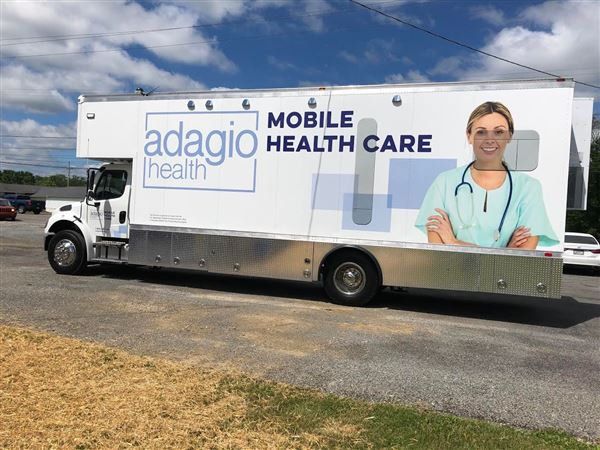Funding Squeeze: Western Pennsylvania Health Clinics Brace for Title X Budget Cuts

Title X Funding Cuts Devastate Women's Health Services Across Western Pennsylvania
A senior executive from Adagio Health has revealed the profound impact of recent funding withdrawals, highlighting that approximately 50 clinical sites in the region are now facing significant challenges in providing essential healthcare services.
The funding cuts threaten to disrupt critical reproductive health resources, potentially leaving thousands of low-income women without access to vital medical screenings, contraception, and preventive care. Adagio Health's vice president emphasized the widespread consequences of these funding reductions, underscoring the urgent need to address the growing healthcare accessibility gap in Western Pennsylvania.
These clinical sites, which have long served as lifelines for vulnerable populations, now stand at risk of reduced operations or complete closure. The ripple effects of such funding restrictions could dramatically alter the healthcare landscape, leaving many communities without comprehensive women's health support.
